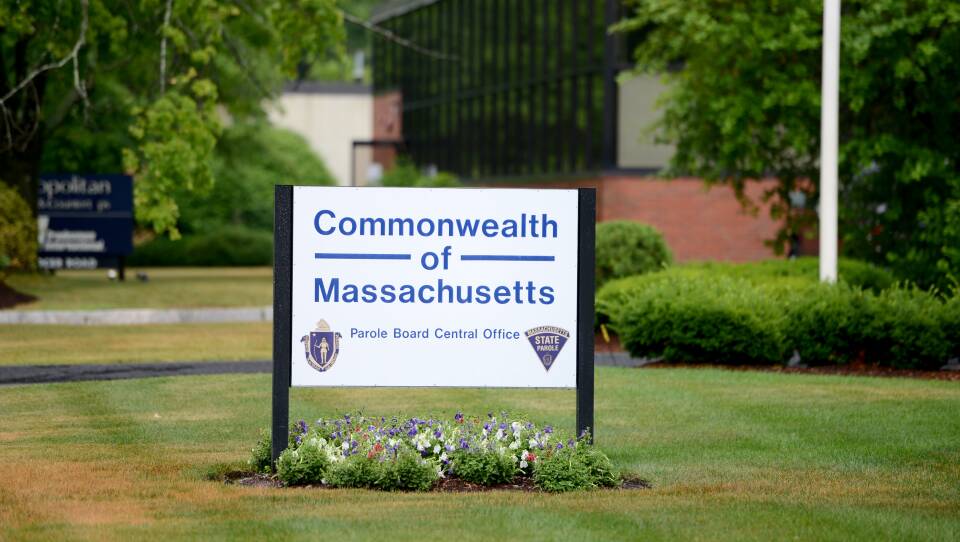Prisoners’ advocates are calling for Gov. Maura Healey to address a growing backlog of incarcerated people who were convicted of crimes as young adults and now are awaiting hearings in front of the Massachusetts Parole Board.
In January, the Massachusetts Supreme Judicial Court ruled that people who had committed serious crimes between the ages of 18 and 20 should be allowed the possibility of parole.
But nearly a year later, no prisoner has been released on those grounds. State officials say nine parole hearings have been held and at least seven more are scheduled for the next two months.
Advocates say about 25 people are ready to state their case now. Dozens more are preparing their legal arguments to seek freedom over the next ten months, said Mara Voukydis, director of the Parole Advocacy Unit for the state’s Committee for Public Counsel Services. To meet the need, she says the Parole Boards should add about nine more hearings to their calendar each month. There are currently 14 life sentence hearings scheduled on an online Parole Board calendar for December.
“We are at this point hopeful that the governor’s office can step in and provide some sort of executive response to address this issue that might effectively move the backlog along,” she told GBH News last week. “We can see this is still a problem and something urgently need to be done in order to address it.”
The state’s landmark ruling determined that anyone under the age of 21 — defined as ”emerging adults“ — cannot be sentenced to life in prison without the possibility of parole, raising the age from under 18.
“The judge’s findings in this case ... confirm that the brains of emerging adults are similar to those of juveniles,” Supreme Judicial Court Chief Justice Kimberly S. Budd wrote in the ruling.
Parole Board spokesperson Elaine Driscoll said the state is working “diligently to schedule and conduct hearings,” and “considering additional options to expedite these hearings in accordance with the law.”
“We remain deeply committed to ensuring that parole hearings for individuals impacted by the Mattis ruling are conducted as expeditiously as possible,” she wrote in a written statement. “This is a complex process that requires thorough preparation and close collaboration with stakeholders, including legal representatives, parole board members, and support organizations.”
Attorney Lisa Newman-Polk of Ayer told GBH News that she is representing several prisoners who would benefit from the SJC ruling, and have already served decades behind bars.
“There are people that don’t belong in prison at this point, and it’s a waste of taxpayer money to be warehousing them when they could be out there making contributions to society,” she said.
Among her clients is Robert Francis, who was 18 years old in 1995 when he was involved in a fatal shooting in Springfield.
“Robert Francis and others involved know that Robert did not order the shooting and did not provide the gun to the shooter. This means that Robert Francis has spent 30 years in prison since 18 years old for a murder he did not order, for which he did not provide the weapon and did not commit,” she wrote to GBH News in an email Sunday. “Although he did not hand a gun or order a hit, he feels deep regret and remorse for his involvement in the gang and that he was encouraging a confrontation that night.”
Newman-Polk says Francis is eager for the chance to plead his case in front of the Parole Board. She says he’s also facing medical issues that makes the time crunch more important.
“It’s just this tremendous emotional challenge,” she said.





